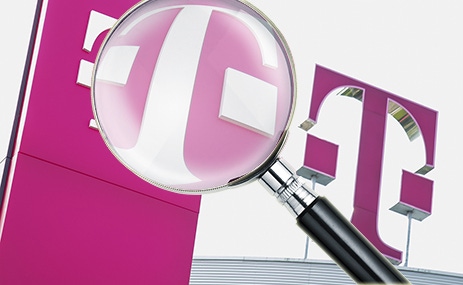After T-Mobile acquired Layer123 back in 2017, the US has been holding its breath for another Uncarrier move to disrupt the content world, but its not going to be as glitzy as some would have hoped.
February 8, 2019

After T-Mobile acquired Layer123 back in 2017, the US has been holding its breath for another Uncarrier move to disrupt the content world, but its not going to be as glitzy as some would have hoped.
Speaking on the latest earnings call, the management team indicated there will be a foray into the content world, but it appears to be leaning more onto the idea of aggregation than creation and ownership.
“It’s subscription palooza out there,” said COO Mike Sievert. “Every single media brand is, either has or is developing an OTT solution and most of these companies don’t have a way to bring these products to market. They’re learning about that. They don’t have distributed networks like us. They don’t have access to the phones like we have.
“And we think we can play a role for our customers as I’ve been saying in the past at bringing these worlds of media and the rest of your digital and social and mobile life together. Helping you choose the subscriptions that makes sense, building for those things, search and discovery of content. We think there’s a big role for our brand to play in helping you.”
The T-Mobile US management team might be antagonistic, aggressive and disruptive, but ultimately you have to remember they are very talented and resourceful businessmen. A content aggregation play leans on the strengths of a telco, allowing the business to add value to a booming industry instead of disrupting themselves culturally trying to steal business.
Content streaming platforms have been an immense successful not only because of our desire to consume content in a completely different way, but also due to the companies who are leading the disruption. The likes of Netflix, Hulu and Amazon are agile, creative and risk-welcoming organizations. Such a disruption worked because the culture of these businesses enabled it. Telcos are not part of the same breed.
However, this is not a bad thing. The basic telco business model is connecting one party to another and this can be of benefit to the content segment. Telcos own an incredibly valuable relationship with the consumer as most people have an exclusive relationship with a communications provider (not considering the broadband/mobile split) and a single device for personal use. The telcos own the channel to the consumer.
Sitting on top of the content world, providing a single window and, potentially, innovative billing services and products could be immensely valuable to the OTTs, as well as securing diversification for the spreadsheets internally. The content aggregation model is one which is functional and operational, perfectly suited to the methodical and risk-adverse telcos.
Specifics of this Uncarrier move are still yet to emerge, but the T-Mobile US management team are promising to do something with the Layer123 acquisition sooner rather than later. It might not just look like what most had imagined initially.
About the Author(s)
You May Also Like







.png?width=300&auto=webp&quality=80&disable=upscale)

.png?width=300&auto=webp&quality=80&disable=upscale)
_1.jpg?width=300&auto=webp&quality=80&disable=upscale)



.png?width=800&auto=webp&quality=80&disable=upscale)